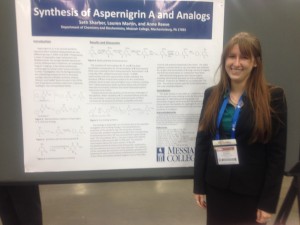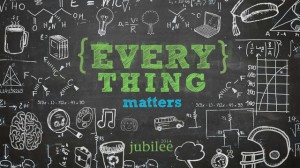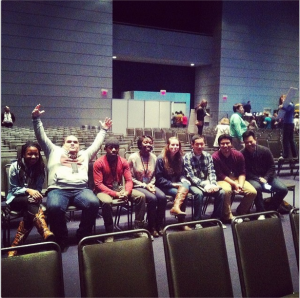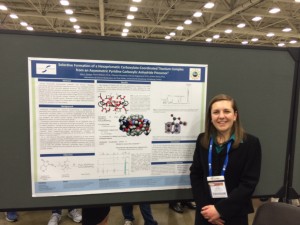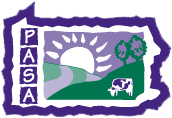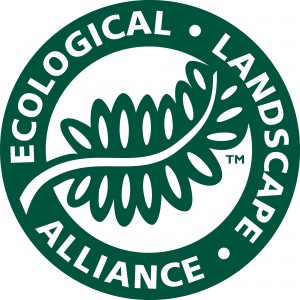 As a student of ecology and an aspiring ecological landscaper, it was a privilege to have attended the 2014 ELA (Ecological Landscaping Association) conference and learn from many of the leading figures in the field. The conference rooms seemed to reverberate the buzz of so many excited earth-enthusiasts communally appreciating what fascinates them most. The general liveliness was underpinned by finely tuned, intellectual discussions of innovative techniques and new understanding. The energy of the conference was in full swing by the time Michael Phillips began his session on Enhancing Ecosystem Dynamics for Trees. During his talk Phillips laid out the essence of his practice at Lost Nation Orchards, an apple orchard in New Hampshire. His thoughtful practice simultaneously increases his harvest and also pays close attention to the minute and extravagant relationships that exist in nature. As a farmer and steward, Phillips’ works hard to enhance everything from beneficial fungal growth in the soil to the generation of habitat for pollinators and beneficial predators.
As a student of ecology and an aspiring ecological landscaper, it was a privilege to have attended the 2014 ELA (Ecological Landscaping Association) conference and learn from many of the leading figures in the field. The conference rooms seemed to reverberate the buzz of so many excited earth-enthusiasts communally appreciating what fascinates them most. The general liveliness was underpinned by finely tuned, intellectual discussions of innovative techniques and new understanding. The energy of the conference was in full swing by the time Michael Phillips began his session on Enhancing Ecosystem Dynamics for Trees. During his talk Phillips laid out the essence of his practice at Lost Nation Orchards, an apple orchard in New Hampshire. His thoughtful practice simultaneously increases his harvest and also pays close attention to the minute and extravagant relationships that exist in nature. As a farmer and steward, Phillips’ works hard to enhance everything from beneficial fungal growth in the soil to the generation of habitat for pollinators and beneficial predators.
As the well-versed ecologist knows, life begins in begins with the soil. The first important practice emphasized by Phillips is to promote mycorrhizal growth to facilitate the uptake of nutrients by fruit trees during maximal growth periods. Having a diversity and abundance of mycorrhizae (fungi that associate with the roots of plants to mutually support each other) drastically increases the soil volume reach of trees. This can be achieved by dipping the roots of young plants in a mycorrhizal mix before planting or by applying fungal favoring compost, biochar or burying dead wood by the root tips of trees. Phillips also suggests the technique of biological mowing, which allows the growth of leafy vegetation until right before the first feeder-root flush of the trees. Right before these plants go to seed, you can mow them and leave them to mulch the ground where they were growing, increasing the water and nutrient availability for the trees.
A second form of diversity Phillips encourages is the plant diversity of the orchard floor. He personally favors species like comfrey, crocuses, daffodils, crimson clover, lupines, echinacea, lemon balm, native grasses, and woody herbs. Each of these provides an extra layer of dimension and support to the dynamic interplay between species within the ecosystem. He strongly endorses the use of comfrey (with infertile seeds) as a species with a multitude of good qualities. Species like crocuses and daffodils will provide protection from voles, while clover and lupines will fix nitrogen in the soil. Other plants enhance the habitat structurally or provide the food necessary to birds that prey on pest insects. Woody herbs at the base of trees act as mycorrhizal accumulators to further benefit the trees.
It was fascinating to hear Phillips not just speak of the connections between plants and soil, but also of the wider impact of all species, including field mice, fox, and song birds. I was particularly impressed by his familiarity of the timing of the processes and events that occur throughout the year in his orchard. It is this vital familiarity that I believe has been lost from our culture to the detriment of all earthly things, including ourselves. I strongly believe there is space in everyone’s practice, no matter the field, to integrate ecological knowledge. For Phillips an appreciation of ecological connections means a healthier orchard. By understanding the ecosystems around us we can participate in the mutualisms that exists there. We can also gain humility in witnessing the capacity and intricacy of nature.
I have high hopes for incorporating these lessons and others I learned at the conference into my future career. Even though I’ve always had an affinity for natural things, I only just discovered the realm of restorative native landscaping in the last year or so. It’s been exciting to see how this field, that I couldn’t have imagined when I was younger, fits so well with what I’m passionate about and hope to impart to the world through my life’s work. This discovery initially came with unbridled enthusiasm for every aspect of this newly realized field, which with time and more exposure will, I expect, simmer into a more directed trajectory toward the niche that makes the most sense for me. The conference it’s self was a great stepping stone for learning more about what niches exist in ecological landscaping and resulted in many contacts and helpful conversations among those already working as a landscape architects, botanical garden curators or restoration ecologists. I plan on volunteering in future years, as I expect it will serve as great source for information, inspiration and networking in years to come!
